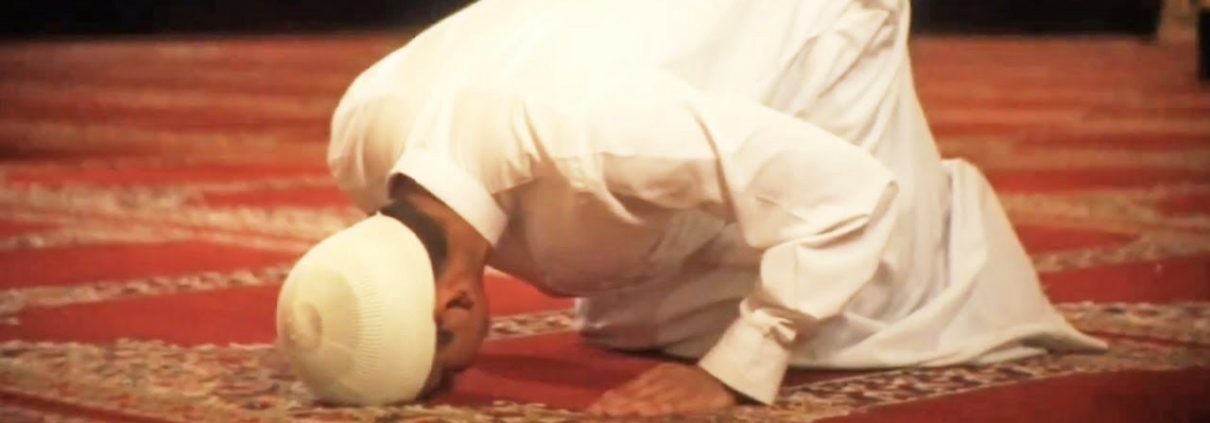Witr Prayer And Travel
Answered by Ustadh Tabraze Azam
Question: When traveling, is it still required to pray Salaat-ul-Witr after Salaat-ul-Isha?
Answer: Assalamu alaikum wa rahmatullah,
Yes, the witr prayer is unconditionally mandatory (fard ‘amali), meaning that there is not a single case in which it is acceptable to omit it. Accordingly, it must be prayed during travel just as it is prayed during residency.
The Messenger of Allah (Allah bless him and give him peace) said, “The witr [prayer] is a duty. Whoever does not pray it is not from amongst those of our way.” (Abu Dawud) He repeated this thrice, Allah bless him and give him peace.
Praying the Emphasised Sunna Prayers
With respect to the emphasized sunna prayers (sunna mu’akkada), the default ruling is that they should be prayed. But it is permissible to leave them if one is in a state of active travel and rush because of the journey. When not in an active state of travel, such as when a person has reached their destination or has comfortably boarded their mode of transport, the sunna prayers should be prayed unless there is undue hardship therein.
A final thing to note is that all types of supererogatory prayers (nawafil), including the emphasized sunnah prayers, maybe prayed, without dislike, with head movements, whilst seated, and in the direction of travel of the mode of transport in question. The only exception is the sunna cycles (rak‘as) before the dawn prayer (fajr) which requires standing given its strong emphasis and proximity to the mandatory prayer (wajib).
(Ibn ‘Abidin, Radd al-Muhtar ‘ala al-Durr al-Mukhtar)
Please also see: Is the Witr Prayer Mandatory? and: How Should I Make up Missed Witr Payers? and: The Basic Rulings of Travel
And Allah Most High knows best.
Wassalam,
[Ustadh] Tabraze Azam
Checked and Approved by Shaykh Faraz Rabbani
Ustadh Tabraze Azam holds a BSc in Computer Science from the University of Leicester, where he also served as the President of the Islamic Society. He memorized the entire Qur’an in his hometown of Ipswich at the tender age of sixteen and has since studied the Islamic Sciences in traditional settings in the UK, Jordan, and Turkey. He is currently pursuing advanced studies in Jordan, where he is presently based on his family.
